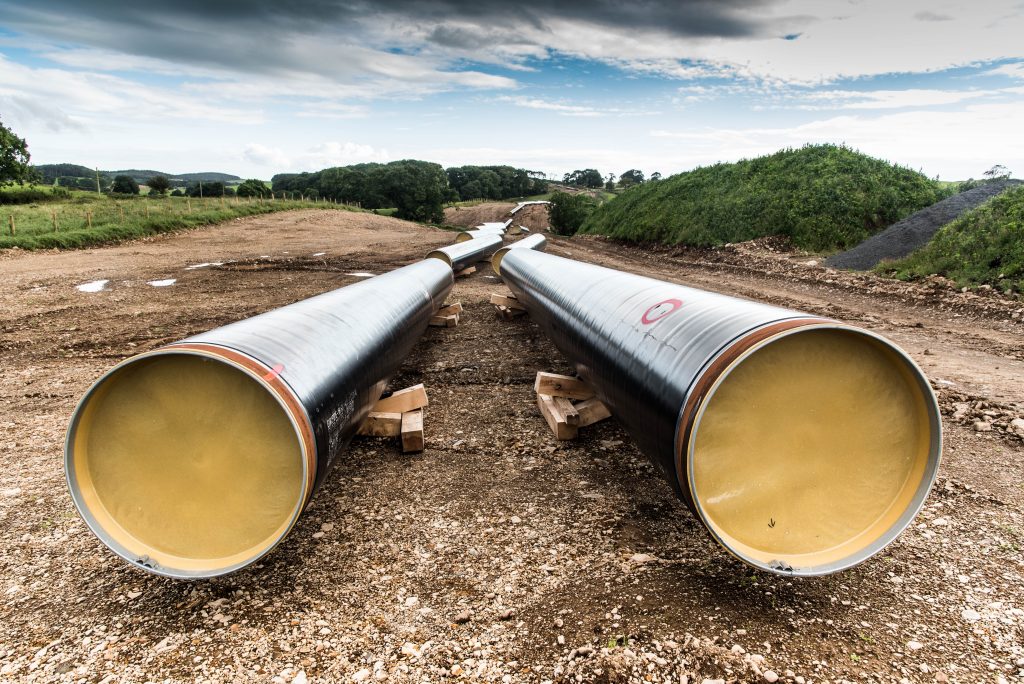Heads of state gathering in Brussels last week returned home empty handed as they failed to reach an agreement on the size and purpose of the next seven-year EU budget, which will start in 2021.
The bloc’s spending priorities must be finalised in order to finance Europe’s transition to carbon neutrality.
Last week’s meeting, which was requested by European Council president Charles Michel, was widely regarded as a key test for Europe’s climate credentials. However, very few believed it would lead to a final agreement as governments split into two opposite coalitions.
On the one side, the EU’s net contributors – led by Austria, Denmark, the Netherlands and Sweden – want to avoid increasing contributions. On the other, the self-styled ‘Friends of Cohesion’ – led by Portugal and including most EU countries – are pushing for extra money to fund the transition to carbon neutrality. As net beneficiaries, this is hardly surprising.
The proposal put forward by Michel ahead of the meeting supported the idea of adding new resources to the budget. The Council president showed support for a tax of €0.80 per kilo of non-recycled plastic packaging and a carbon levy, which would be taken from the EU’s Emissions Trading Scheme (ETS) – a scheme allowing European companies to trade carbon allowances.
Governments are now expected to meet again in the coming weeks to reach a common position, before they begin the three-way negotiations with the European Commission and the Parliament. A final compromise is expected by the end of the year.
Funded mostly by member state contributions and import duties, the EU budget allocates funds to governments in areas such as agriculture, transport, energy, industry and research. The current 2014-2020 budget amounts to almost €1 trillion.
In line with the EU Green Deal, the European Commission has promised that more money than ever before will be allocated to climate action. The institution has proposed to increase climate funding from 20% to 27% of the overall budget. The European Parliament has proposed an increase to 30%.
In a letter sent last week, the European Environmental Bureau (EEB) urged EU governments to:
- Allocate at least 40% of the overall budget to climate and nature;
- Stop funding environmentally harmful activities, including new gas infrastructure and intensive farming. Funds should be used to boost clean energy as well as responsible business and farming practices.
- Provide details on how funding requests will contribute to the objectives of the EU Green Deal;
- Improve governance and monitoring of how EU funds are spent.

Our future depends on the investments we make today. EU funds must be urgently and entirely redirected towards clean energy and responsible business practices
Patrick ten Brink, EU Policy Director, EEB
“EU governments have a moral and political obligation to ensure a credible and ambitious climate budget,” said Patrick ten Brink, the EEB’s EU Policy Director. “Our future depends on the investments we make today. EU funds must be urgently and entirely redirected towards clean energy and responsible business practices,” he added.
Last week’s meeting came a month after the European Commission announced an investment plan that would help raise €100bn for European regions and industries to move beyond fossil fuels. As part of the plan, the Commission has proposed the development of a Just Transition Fund which would bring in €7.5bn of extra money from national contributions.
A farming sector that works for people and nature
Amongst the most contentious issues in the ongoing discussions is the EU’s Common Agricultural Policy (CAP), which allocates farm subsidies to national governments.
The single largest share of the EU budget is currently spent on intensive farming, which is responsible for 10% of the EU’s total carbon emissions. This makes Europe’s agriculture a key sector to address the climate and biodiversity crises.

The latest proposals on the CAP raise concerns both in terms of quantity and quality of funding for environmental and climate action in agriculture, said Celia Nyssens of the EEB. The Commission has suggested a 22.5% budget cut to the CAP’s second pillar, which is designed to help rural areas move towards sustainable farming practices and meet a range of economic and environmental challenges.
In comparison, a funding cut of 9.5% was proposed for the first pillar of the CAP, which allocates direct payments to farmers and often promotes environmentally harmful practices. “The CAP’s second pillar is the most effective source of EU agricultural support from an environmental perspective. A strong budget for this pillar is crucial,” said Nyssens.


